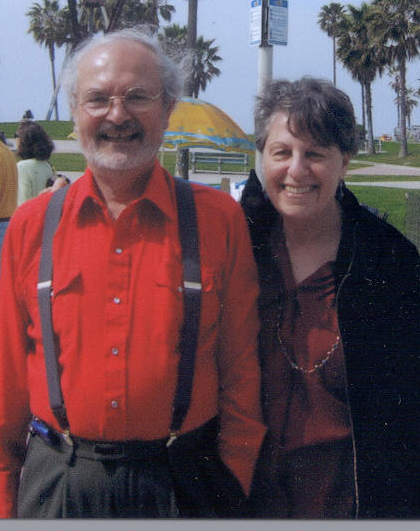- Except a corn of wheat die, it bringeth forth no fruit.
- A book of aphorisms.
- To awake, to die, to be born.
- What prevents a man from being born again?
- What prevents a man from dying?
- What prevents a man from awakening?
- Absence of the realization of one's own nothingness.
- What does the realization of oneâs own nothingness mean?
- What prevents this realization?
- Hypnotic influence of life.
- The sleep in which men live is hypnotic sleep.
- The magician and the sheep.
- "Kundalini".
(See the Glossary)
- Imagination.
- Alarm clocks.
- Organized work.
- Groups.
- Is it possible to work in groups without a teacher?
(Maybe it is possible,
but if it is,it's very difficilt. Never the less it's good to be with people with similar aims.)
- Work of self-study in groups.
- Mirrors.
- Exchange of observations.
- General and individual conditions.
- Rules.
- "Chief fault".
- Realization of oneâs own nothingness.
- Danger of imitative work.
- "Barriers".
- Truth and falsehood.
- Sincerety with oneself.
- Efforts.
- Accumulators.
- The big accumulator.
- Intellectual and emotional work.
- Necessity for feelings.
- Possibility of understanding through feeling
what can not be understood through the mind.
- The emotional center is a more subtle apparatus
than the intellectual center.
- Explonation of yawning in connection with accumulators.
- Role and significance of laughter in life.
- Absence of laughter in higher centers.
|
 Return
chapter#10
chapter#12
Return
chapter#10
chapter#12